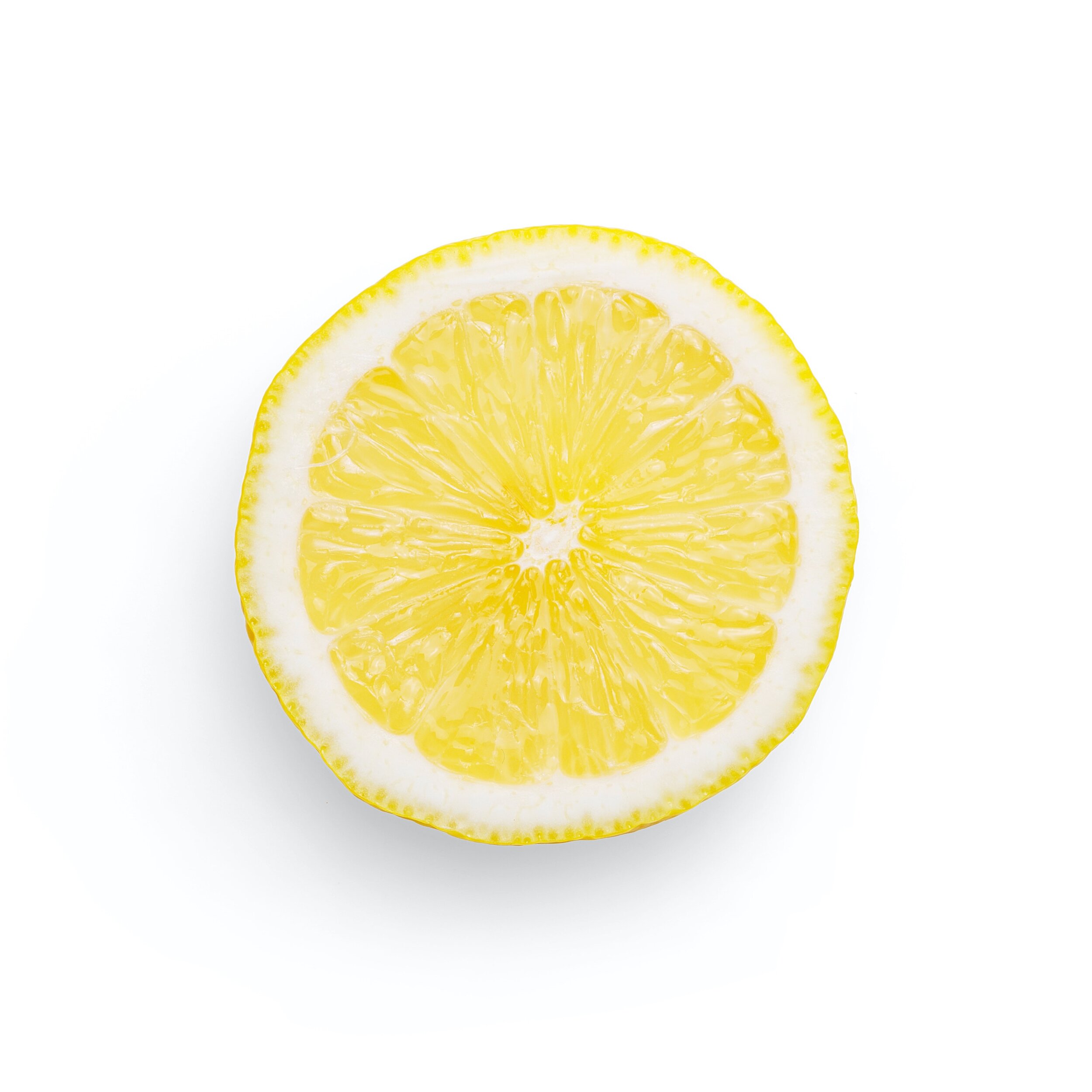TIL: Cookbooks That Coach
This is the second installment of Today I Learned, a blog series we share realizations about our personal learning in our “real lives.” Today let’s take a look at three of my favorite cookbooks that go beyond simply sharing recipes — they really get you thinking and behaving differently.
Small Victories by Julia Turshen
In Small Victories, each creative, delicious-sounding recipe is based on a “small victory” or a-ha moment Julia has had over the years. It’s then followed by a “Spin-Offs” section where she shares variations on the recipe or other applications of the same technique. The recipe for Roasted Radishes with Kalamata Dressing is already interesting — you can cook radishes? — but then she also includes the following spin-offs on the same theme: stir-fried iceberg lettuce, braised celery, and grilled endive or radicchio. She hooks you with the principle, then shows you how it extends to other “salad veggies.”
I love this technique for a few reasons. For one, Julia was a private chef and recipe developer for years. I get a book full of innovative recipes, plus all these “bonus” recipes, but I also get a glimpse into how she thinks. Because she’s very technique-focused, it’s often as easy as swapping out the ingredients for a totally new dish. If I think about this from a learning perspective, Julia’s approach pushes me beyond my comfort zone and also opens my mind to thinking more creatively and looking for patterns. FYI Julia takes a slightly different but equally cool approach in her second cookbook, Now & Again.
Start Simple by Lukas Volger
In Start Simple, each of Lukas’s personal “essential” ingredients gets its own chapter. These essentials are his desert-island picks because they are “easy to find, stay fresh for a while, and are inexpensive and versatile in the kitchen.” He had me at “A Few Sweet Potatoes” and “A Carton of Eggs,” but I’ve learned more from the chapters I wasn’t expecting like “A Head of Cabbage” and “A Block of Tofu.” Each chapter’s recipes show the range of techniques and seasonal approaches you can take with that ingredient.
I was always very interesting in techniques, but this cookbook taught me to be ingredient-focused as well. And what an efficient way to shop and cook! I’ve started buying a head of cabbage every time I go to the store — it’s so versatile and I now know several things I can do with cabbage depending on what sounds good. I’ve also been inspired to think about what my own “essentials” would be — so that I can start to specialize and really focus on what I like and organize my cooking around those things.
Salt Fat Acid Heat by Samin Nosrat
Most of you have probably heard of this bestselling cookbook or seen the Netflix series. The book is organized by Samin’s four “elements of good cooking” and begins with an introduction to each element where you learn all its governing principles. The recipes don’t even appear until the second half of the book, but this sequence makes sense because most recipes feature all the elements. I think of them as the “scenarios” where you can see everything you’ve learned come together.
The book is also written with a distinct coaching tone because Samin’s goal is to get you to really understand the techniques and know why you’re doing something. It includes lots of supportive reminders — for example, the dressing recipes remind you to “taste with a leaf of lettuce, then adjust salt and acid as needed.” You can just feel that she wants you to become strong and independent, armed with foundational knowledge and experience so you can cook anything, with or without a recipe!
This won’t be the last cookbook post — there are so many good ones and cooking is definitely my favorite pastime. I’d love to hear your cookbook recommendations! You can send your ideas via email or Instagram.
— Julie Dozier



